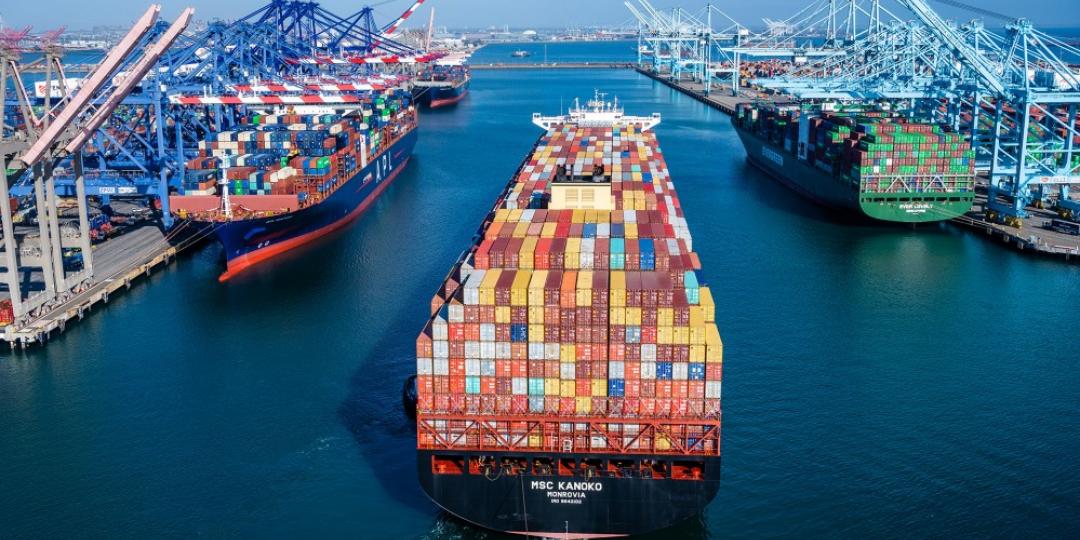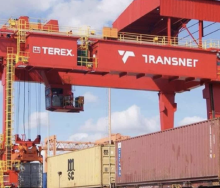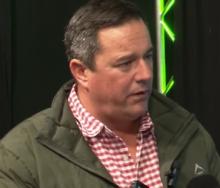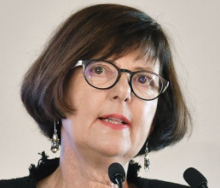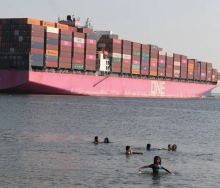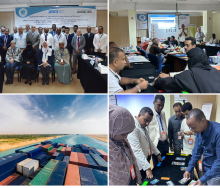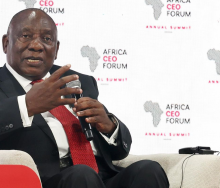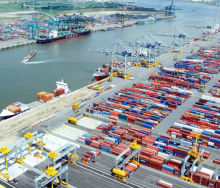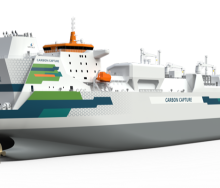A new consortium of mining companies is exploring options for developing a green maritime corridor for zero-emission shipping of iron ore from South Africa to Europe.
The consortium was established by the Global Maritime Forum (GMF) and consists of Tata Steel, CMB, VUKA Marine, Freeport Saldanha, ENGIE, and Anglo America.
This project is exploring how zero-emission shipping would work in the region, as it is the first of its kind for the continent.
A green maritime corridor would create new routes between ports, with careful consideration of decarbonisation, sustainable solutions, and practices, in order to reveal opportunities for South Africa’s sustainable development and establish a zero-emission maritime industry.
The consortium consists of iron ore miners, shippers, ship owners, freeport operators, and energy suppliers who are developing a holistic concept for the establishment of this South African-European corridor.
“Cross-industry collaboration is the key to shaping a sustainable maritime industry,” said Peter Whitcutt, CEO of Anglo American’s Marketing business, in GFM’s press release.
“We are looking forward to joining other industry leaders in exploring pathways to zero-emission shipping of iron ore between South Africa, where our Kumba mines produce high-quality iron ore, and Europe, where many of our customers are located.
An important step towards wider industry decarbonisation, this initiative also aligns with Anglo American’s ambition to reach carbon neutrality for our controlled ocean freight by 2040.”
The concept, inspired by the report ‘Shipping’s Energy Transition: Strategic Opportunities in South Africa’ from P4G and the Getting to Zero Coalition, will include bunkering and off-take arrangements, available green fuel supplies, and financial and business model alternatives to develop South Africa as a key player in the global transition to green energy and practices in sea freight.
“CMB is proud to be part of the Green Corridor initiative between South Africa and Europe," said Alexander Saverys, chief executive officer at CMB.
“CMB has already built various ship types that run on hydrogen and is building dry bulk vessels powered by ammonia. We hope that our track record in the development of green ships will contribute to the success of the consortium and accelerate the deployment of low carbon vessels on this important trade route.”
Due to its position at the bottom of the continent, South Africa receives the highest volumes of maritime traffic on the continent and acts as a valuable intermediary to support the trade of commodities.
The development of a green corridor would further South Africa’s ambitions to decarbonise and assist the country in reaching broader national, continental, and international clean-emission goals.
As the International Maritime Organisation prepares to improve its strategies for zero-emission at the Marine Environment Protection Committee (MEPC) 80 meeting, this green corridor initiative displays a shift in the industry towards greener and more environmentally sustainable practices.
“It is fantastic to see this powerful industry consortium come together around a new green corridor with one side in South Africa, particularly as it sends a clear signal of industry action as we go into negotiations at MEPC 80 in July,” said Johannah Christensen, CEO of the Global Maritime Forum.
“We hope this project will lay bare a viable shipping decarbonisation pathway towards real-world implementation, generating sustainable growth and business opportunities for South Africa and the region, with synergies for other sectors of the economy.”
